
India for joint ventures in defence manufacturing
Indian High Commis-sioner Pranay Verma yesterday said India is willing to share wide-spectrum capabilities in defence manufacturing with Bangladesh.
India for joint ventures in defence manufacturing
Says Pranay Verma

Indian High Commissioner Pranay Verma yesterday said India is willing to share wide-spectrum capabilities in defence manufacturing with Bangladesh.
He also proposed elevating bilateral defence cooperation by building joint ventures in defence manufacturing.
Indian High Commissioner Pranay Verma yesterday said India is willing to share wide-spectrum capabilities in defence manufacturing with Bangladesh.
He also proposed elevating bilateral defence cooperation by building joint ventures in defence manufacturing.
Verma was speaking at an event on "Seminar on Indian Defence Equipment - SIDE 2024" hosted by the High Commission of India in Dhaka.
He described SIDE 2024 as a reflection of Indian defence industry's interest in partnering with Bangladesh and taking India-Bangladesh defence cooperation to the next level, including by utilising the Defence Line of Credit of USD 500 million extended by the Indian government.
Principal Staff Officer of Bangladesh Armed Forces Division Lt Gen MR Shameem also spoke at the event.
A number of premier defence manufacturing companies of India, from both public and private sectors, participated in the event. The seminar was also attended by representatives from Bangladesh Armed Forces as well as paramilitary and police forces.
He described SIDE 2024 as a reflection of Indian defence industry's interest in partnering with Bangladesh and taking India-Bangladesh defence cooperation to the next level, including by utilising the Defence Line of Credit of USD 500 million extended by the Indian government.
Principal Staff Officer of Bangladesh Armed Forces Division Lt Gen MR Shameem also spoke at the event.
A number of premier defence manufacturing companies of India, from both public and private sectors, participated in the event. The seminar was also attended by representatives from Bangladesh Armed Forces as well as paramilitary and police forces.





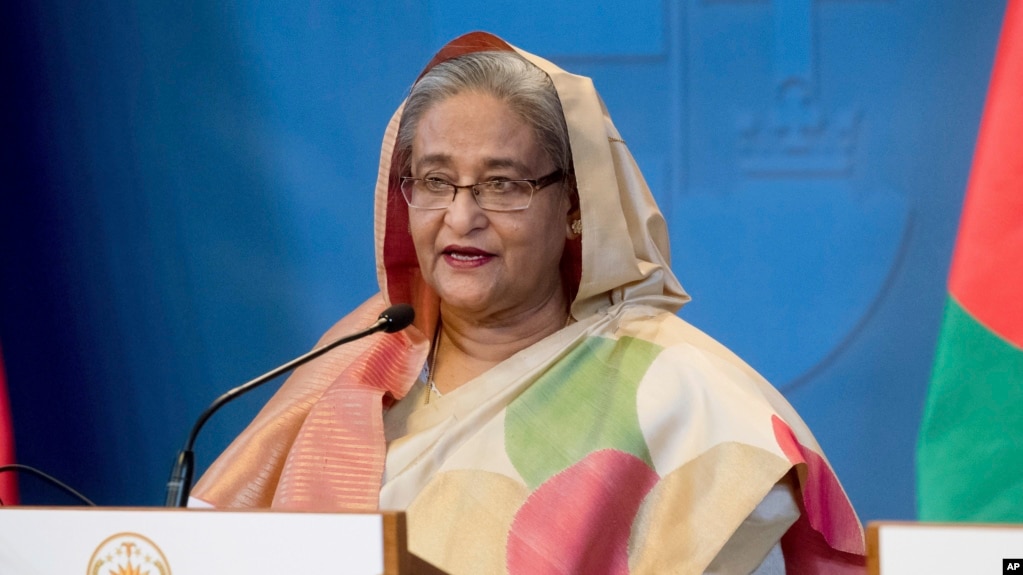
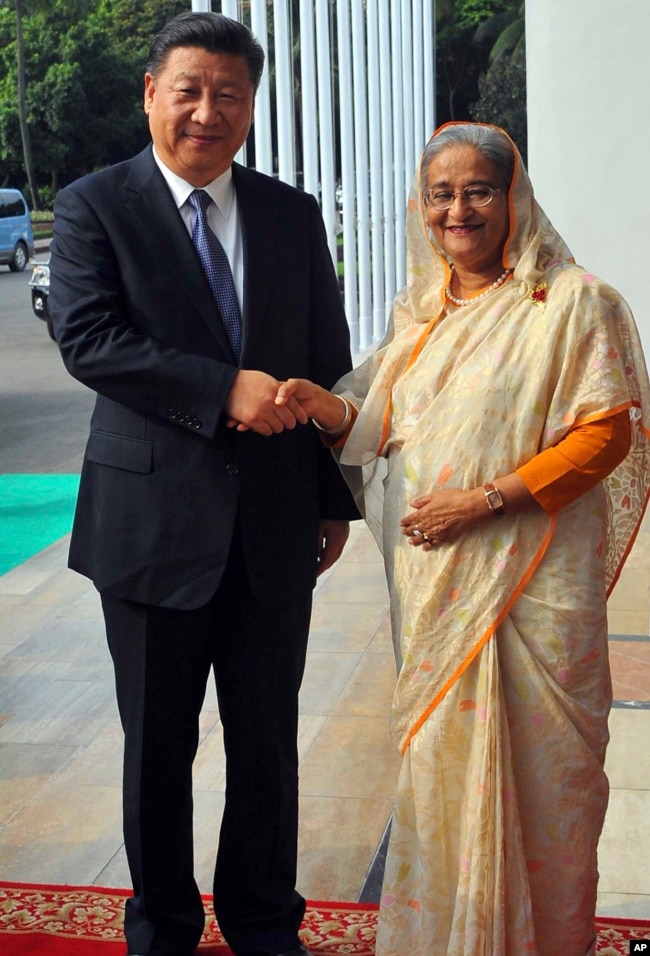
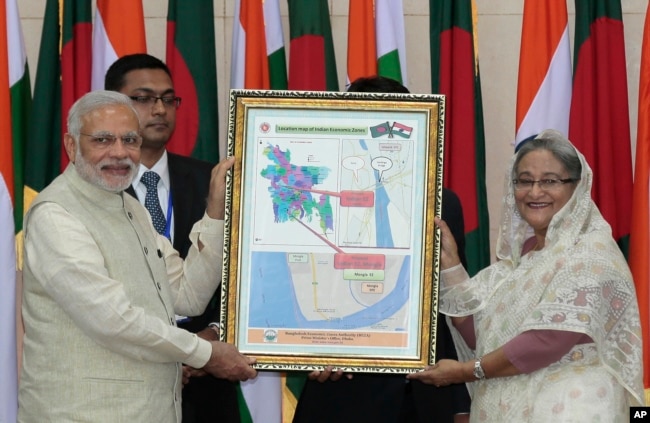


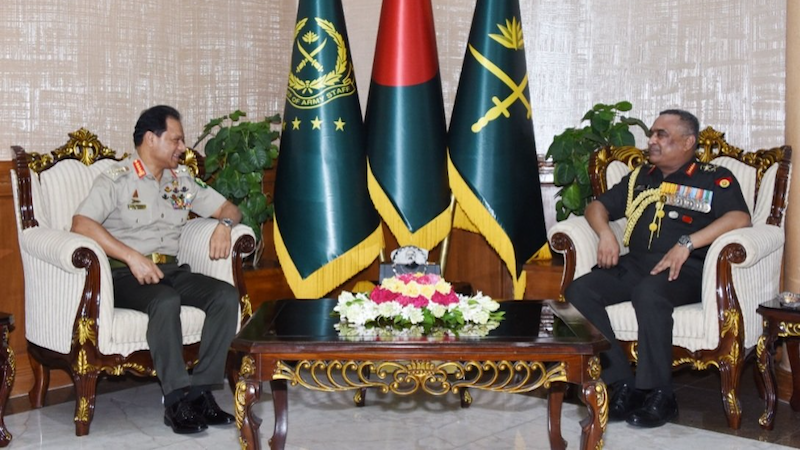

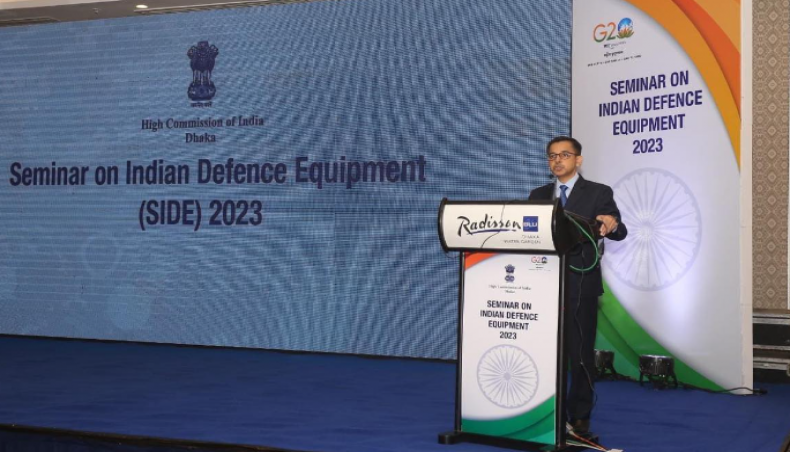





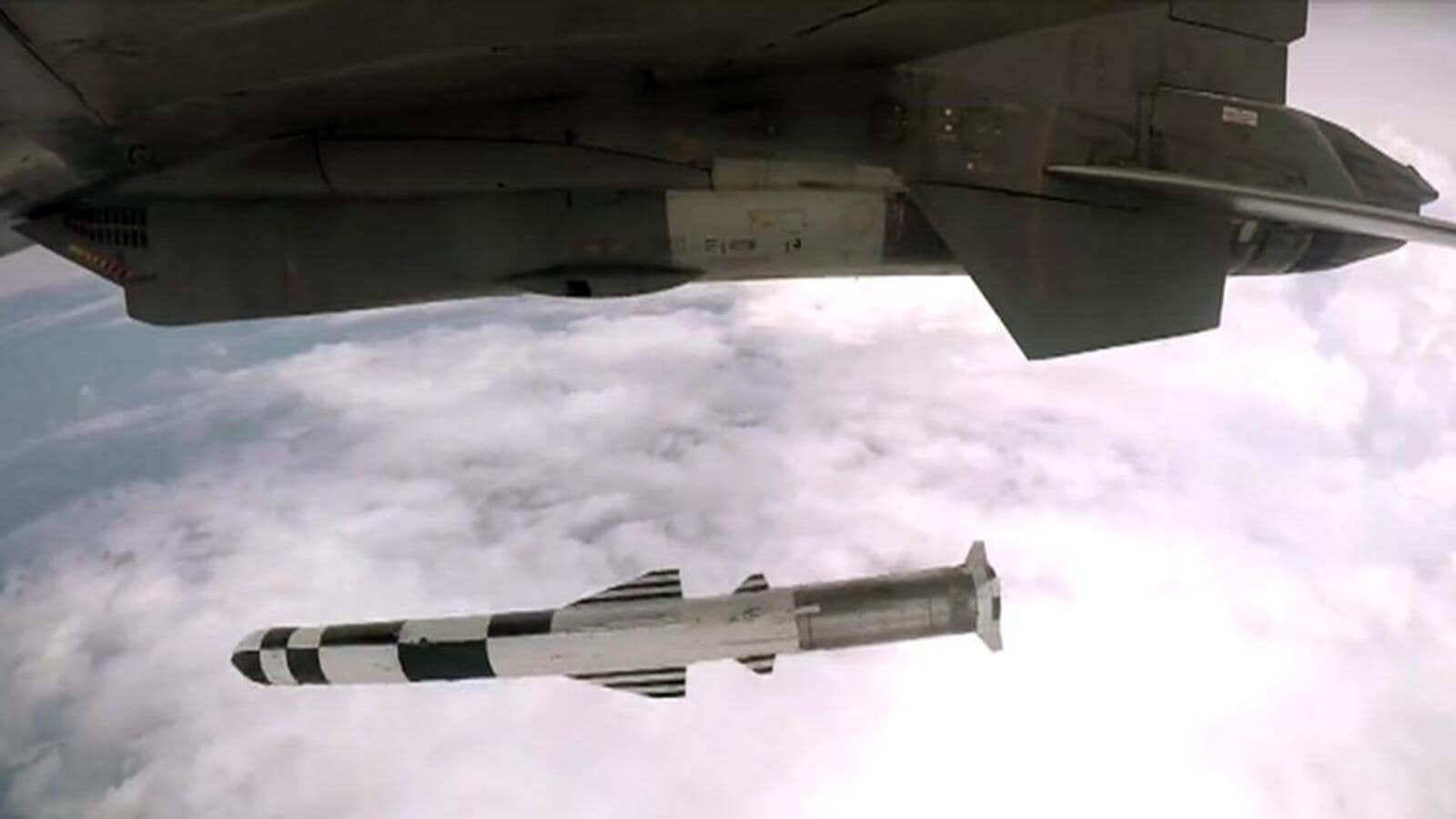
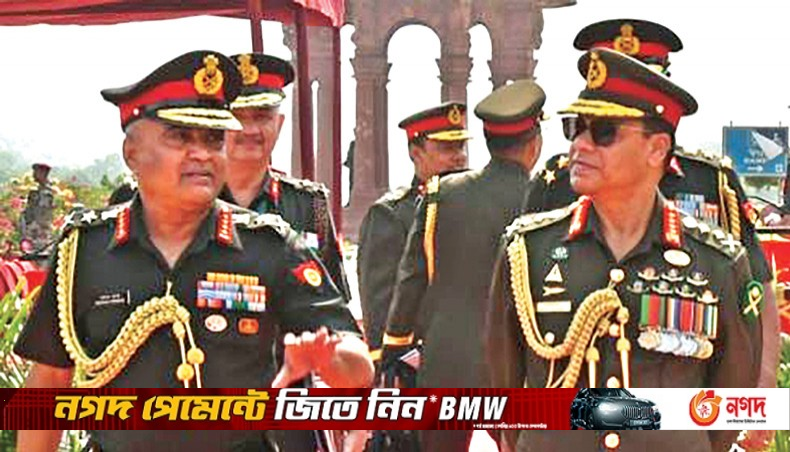
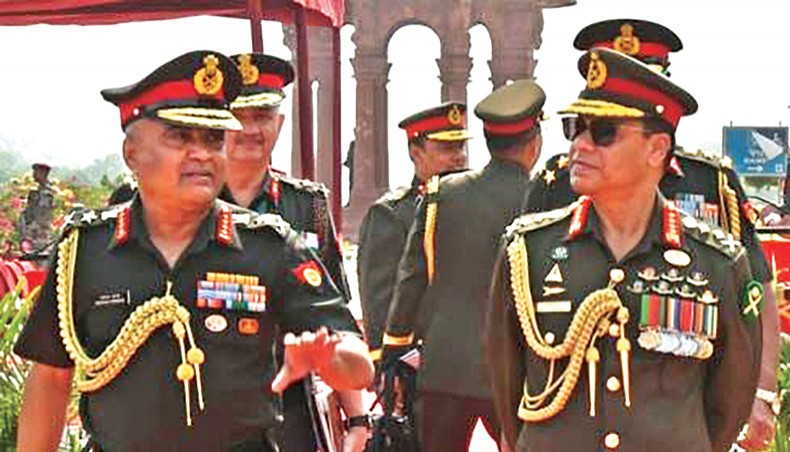

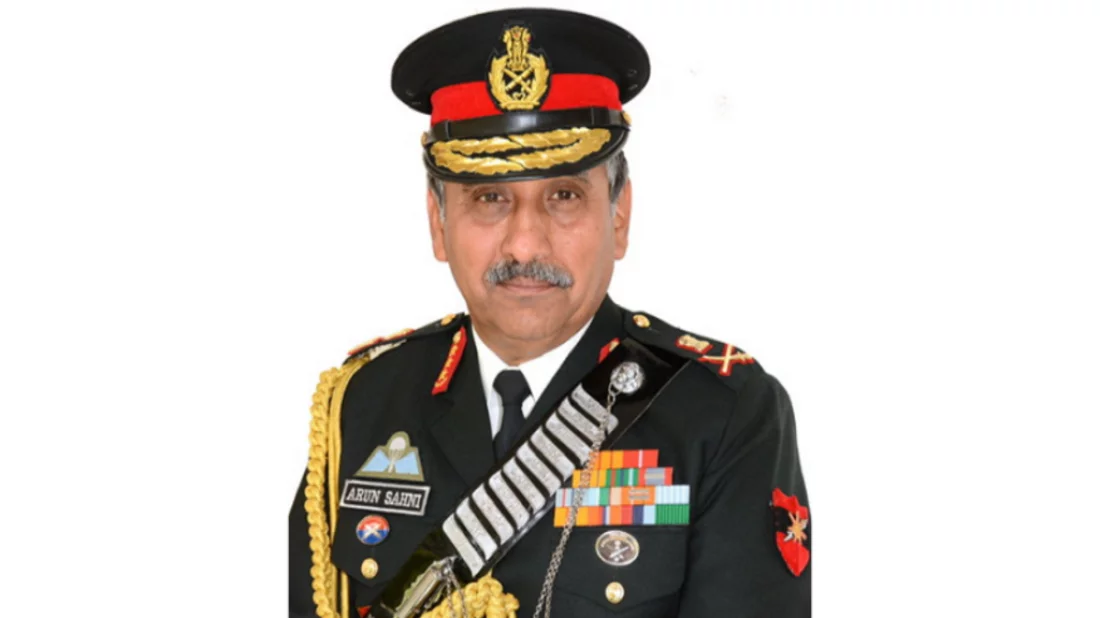
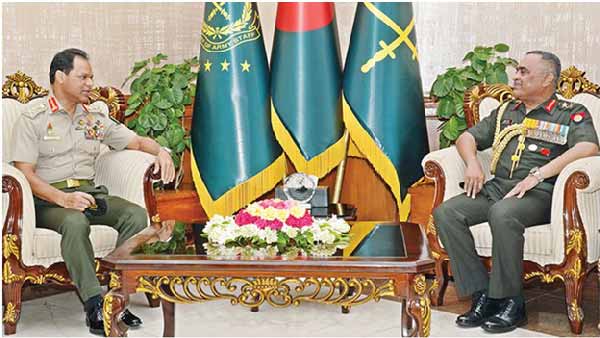
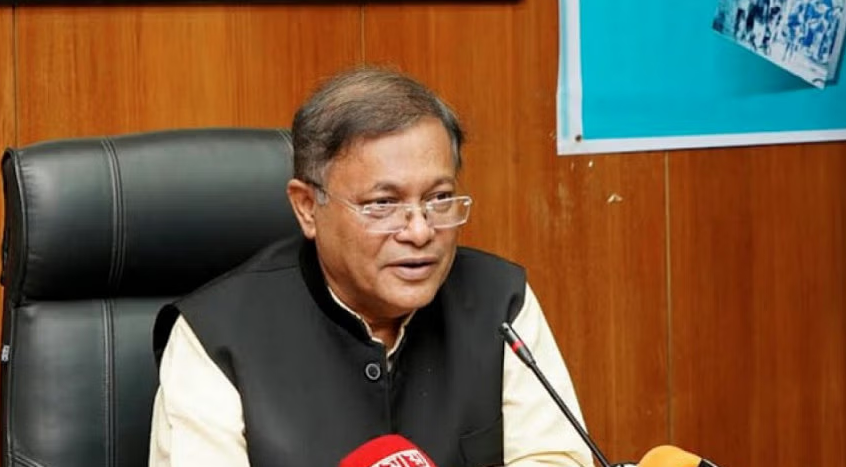







 …. Raisi sahb got taken out bhai…..inside their country.
…. Raisi sahb got taken out bhai…..inside their country.

